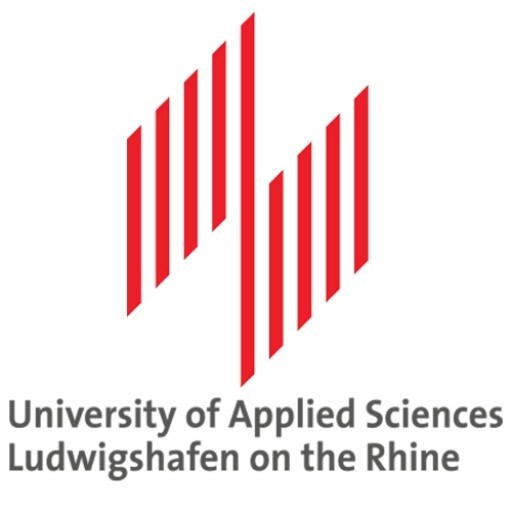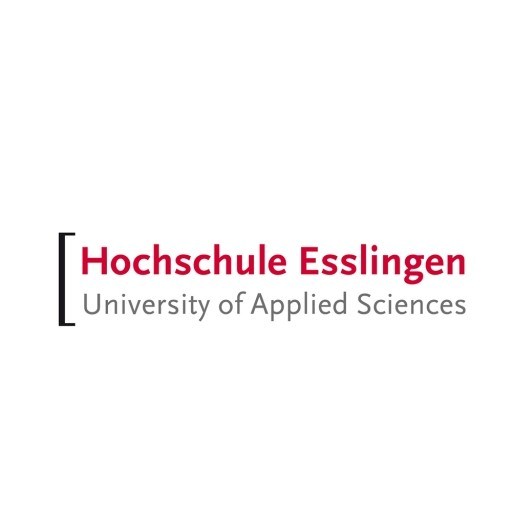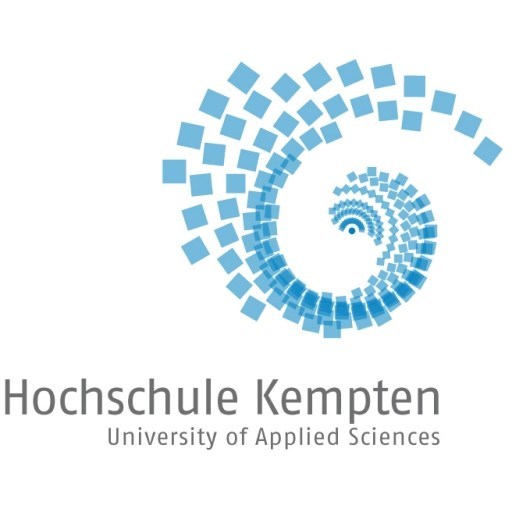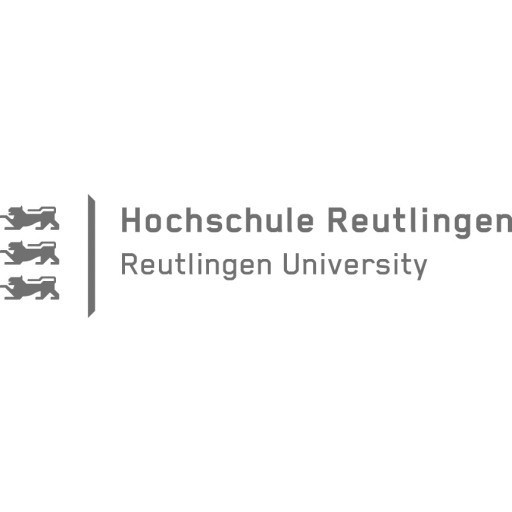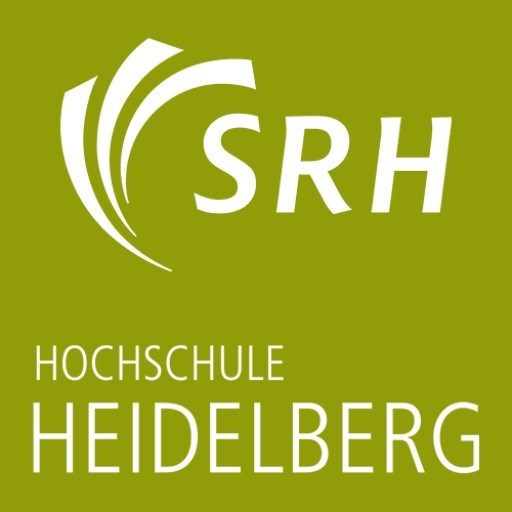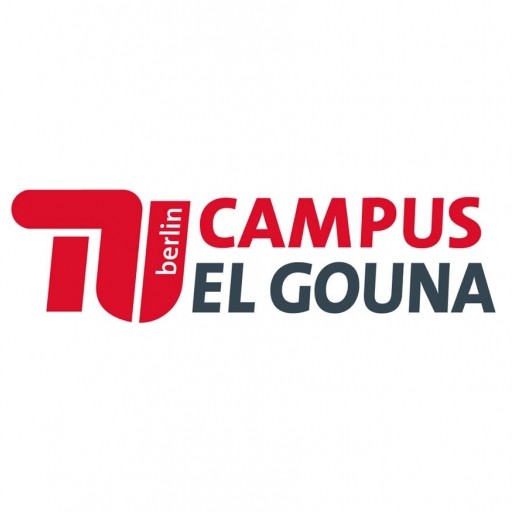Photos of university / #hsb.hochschulebremen
The International Logistics and Supply Chain Management specialization at the University of Applied Sciences Bremen offers students a comprehensive education in the dynamic field of global logistics. This program is designed to equip students with the theoretical knowledge and practical skills necessary to optimize and manage complex supply chains across international borders. Throughout the course, students will explore key topics such as transportation management, procurement, warehousing, inventory control, and distribution strategies, all within the context of international trade and economic regulations.
The curriculum emphasizes a multidisciplinary approach, integrating business administration, information technology, and engineering principles to prepare graduates for the challenges faced by modern logistics companies and supply chain networks. Students will gain proficiency in logistics planning, digitalization of supply chain processes, risk management, and sustainable logistics practices, ensuring they are well-prepared for leadership roles in the industry.
Practical experience is a core element of the program, with opportunities for internships, project work, and collaboration with industry partners. These experiences help students develop problem-solving skills and a strategic mindset, enabling them to create innovative solutions for logistical challenges. Additionally, the program fosters intercultural competence and language skills, which are vital for managing international supply chains effectively.
Graduates of this specialization will be qualified for various careers in logistics companies, manufacturing firms, retail, shipping, and consulting services, among others. They will be capable of designing, implementing, and optimizing logistics processes, contributing to increased efficiency and cost savings for their organizations. With the globalization of markets, expertise in international logistics and supply chain management is increasingly in demand, making this program an excellent choice for students aspiring to work in a fast-paced, global environment.
The University of Applied Sciences Bremen provides state-of-the-art facilities, experienced faculty, and a vibrant academic community dedicated to fostering innovation and practical learning. Graduates are well-positioned to enter a competitive job market, armed with the skills needed to navigate and influence the evolving landscape of international logistics. This program prepares students not only for immediate employment but also for continuous professional development in a rapidly changing industry.
Educational organisation
First Semester:- Module 1, International Communication Skills, aims to equip students with a deepened understanding of the importance of culture and trains students' cross-cultural competences. Students are further introduced to communication and presentation techniques essential in today's business.
- Module 2, People and Management, deals with differences in work behaviour determined by culture, explains how business decisions are influenced by the culture of a respective country, and enables students to develop their understanding of key issues of managing human resources in a global context.
- Module 3, Finance and Accounting, addresses financial markets, trade financing, financial control of multinational companies, assessment of investments and risks, capital costs and risks in foreign trade, and is concerned with modern controlling concepts and instruments.
- Module 4, Global Business Knowledge, provides learners with a deepened knowledge of internationalisation strategies of companies, concepts and instruments of strategic management, and a systematic knowledge in marketing research methods in a global context.
- Module 5, Area Specialisation I, depending on the chosen focus (Asia or Europe), provides an introduction to the economic, political and social conditions of doing business in Asia or Europe.
Second Semester:
- Module 6, International Business Law and Taxation, introduces basic principles of international business law and addresses the purpose, kinds, regulation and use of taxation in international business.
- Module 7, International Project Management, addresses fundamental principles of Project Management, its possible fields of application and its relevance for process optimisation of a global value chain.
- Module 8, Area Specialisation II, is taught to the students based on module 5 and, depending on the focus choice, offers an understanding of the Asian or European economic and business fundamentals.
- In modules 9, Topical Specialisation I, and 10, Topical Specialisation II, students can choose a topical specialisation. Currently three topics are offered: International Tourism Management, Logistics and Supply Chain Management, International Business and Entrepreneurship. Depending on students' interests more options can be offered from the Master portfolio of the School of International Business.
Third Semester:
The Master's Thesis Seminar introduces students to academic writing and prepares them specifically for the Master's thesis. It covers the standards in preparing scientific papers, the function of a Master's thesis, possible cooperation with companies, methods for literature search, and the rules of plagiarism.
In the Master's thesis, students have to deal intensively with a research project or case study and put it in writing in the form of a scientific paper.
Students can attend an optional 22-week internship (also in combination with the Master's thesis) after the completion of the first 10 modules. If it is a professionally relevant internship and includes a written scientific internship report (15-20 pages), students can obtain 30 ECTS credits.
Forms of assessment
Written exams under supervision (proctored examinations), oral examinations and presentations, written presentations, project assignments and project workStudents obtain 30 ECTS for each semester.
Language requirements
Very good English language skills are required; TOEFL (560 written, 80 Internet-based) or IELTS (6.5).Academic requirements
- Bachelor degree / primarily non-economic/non-business-related (official transcript of previous degree)
- One year of post-graduate work experience (proof of work experience/employer's certificate required)
- Proof of English proficiency with TOEFL or IELTS
- Curriculum vitae
- An essay demonstrating the student's strong motivation for the programme and dedication to an international business career
- Passport photograph
- Copies of either birth certificate or passport
Enrolment fees
Approx. 280 EUR/semester (subject to change). Fee includes a semester ticket, a contribution to the Student Union and to Student Services, and an administration fee.Costs of living
Food/meals: approx. 300 EUR/monthWarm food and snacks are least expensive at the university's cafeterias.
Local transport is included in the enrolment fee. Students receive a semester ticket, which is a pass for free access to buses, trams, and regional trains servicing Bremen and the surrounding area.
Academic expenses: about 30 EUR/month
The University Library (with three locations) is free of charge.
Health insurance: approx. 80 EUR/month
Living expenses: approx. 700 EUR/month (including rent)
Job opportunities
In general, students from European Union countries do not require a work permit to work during their course of study.Students not from European Union countries may work without a work permit for 120 full days or 240 half days over the course of one year. A special permit is required to work more than this.
There might be student jobs at the Hochschule Bremen.

